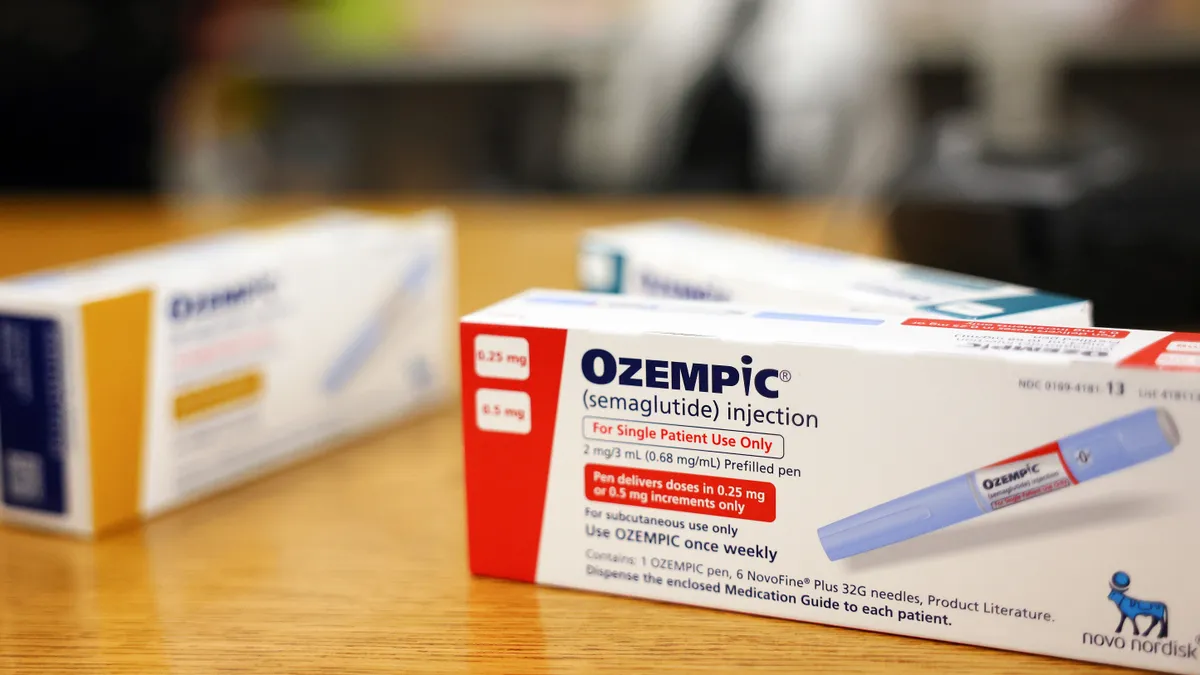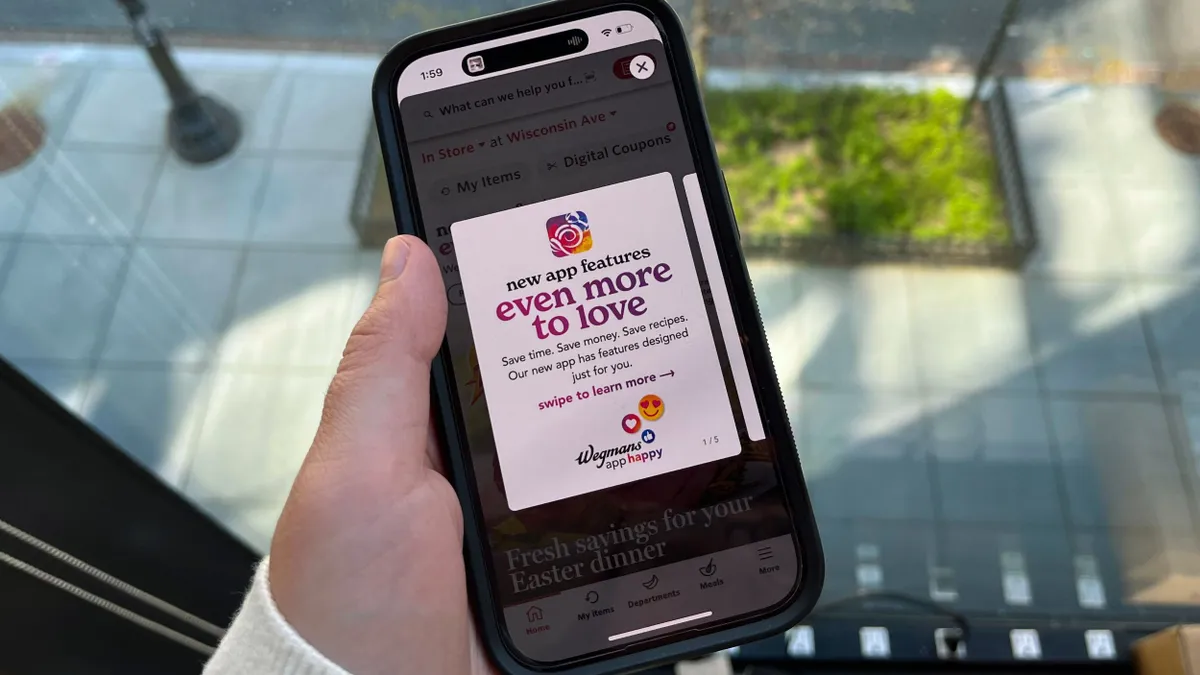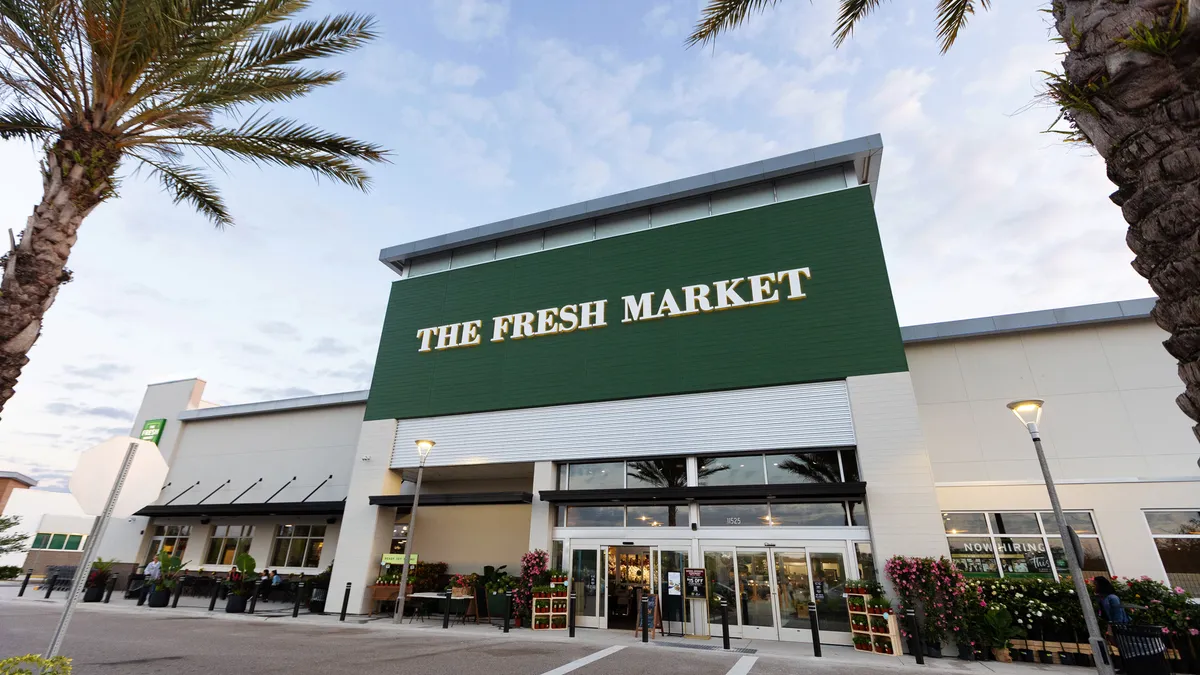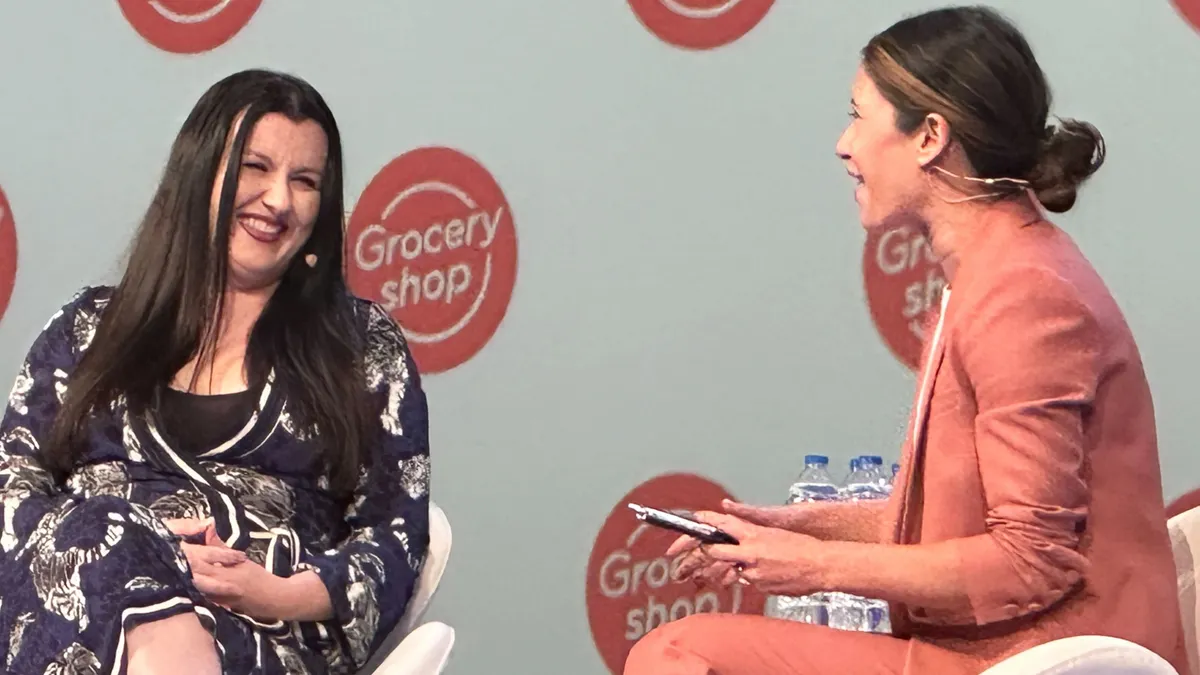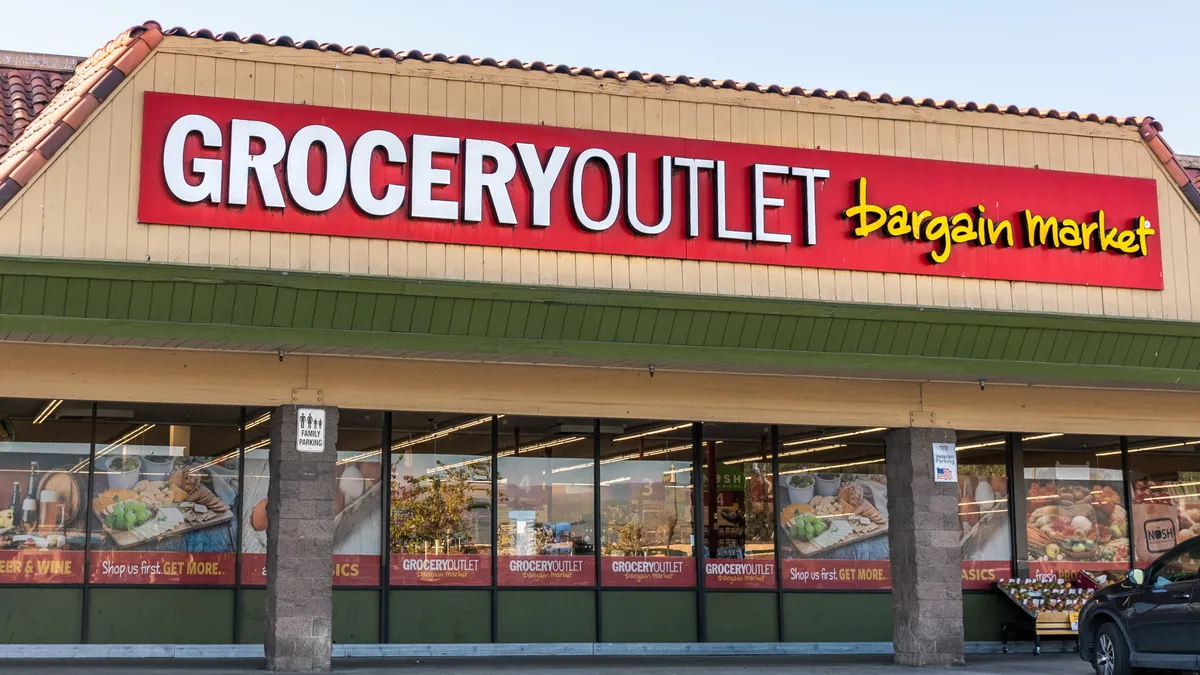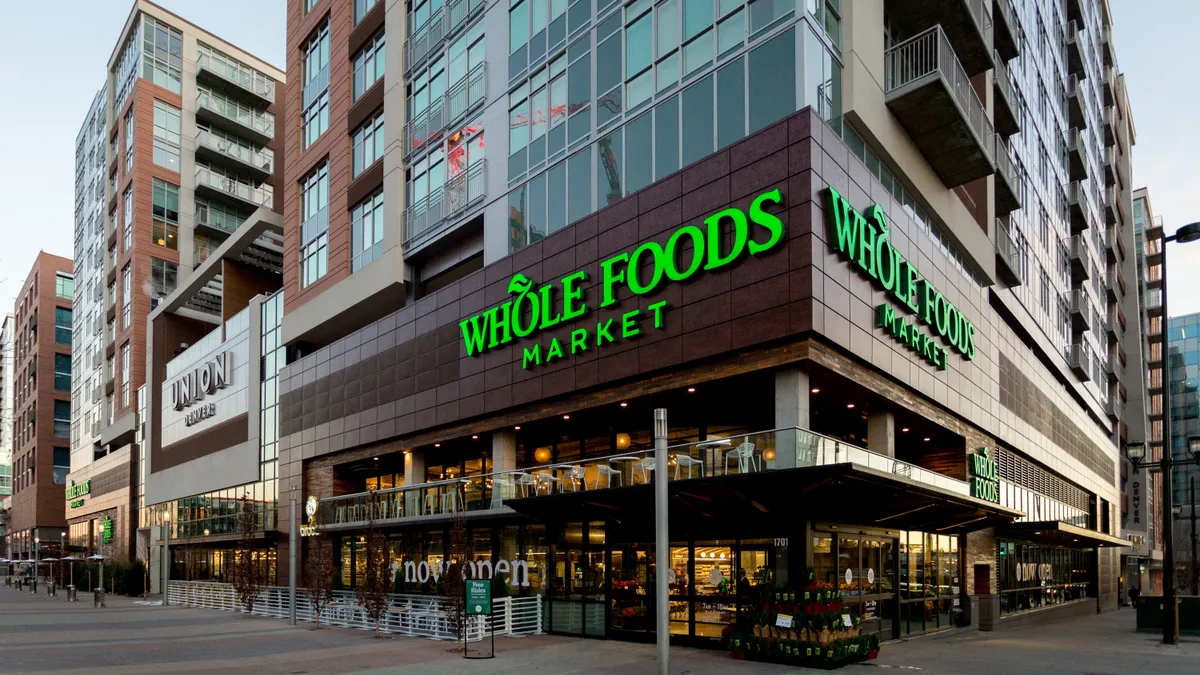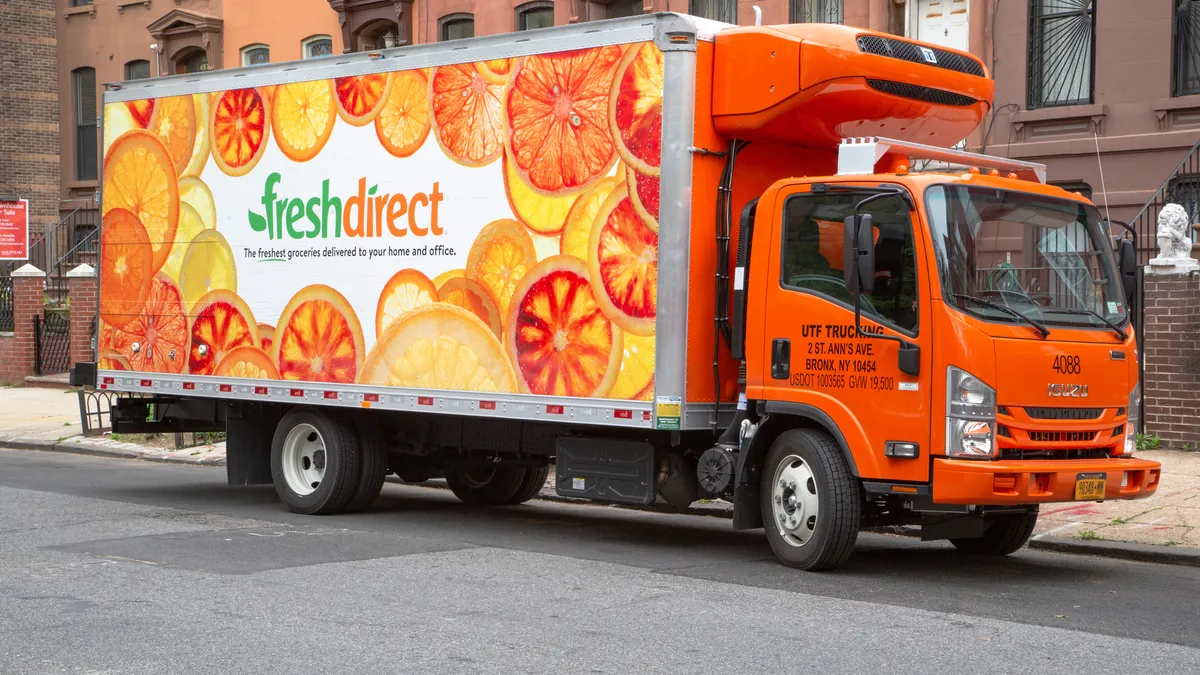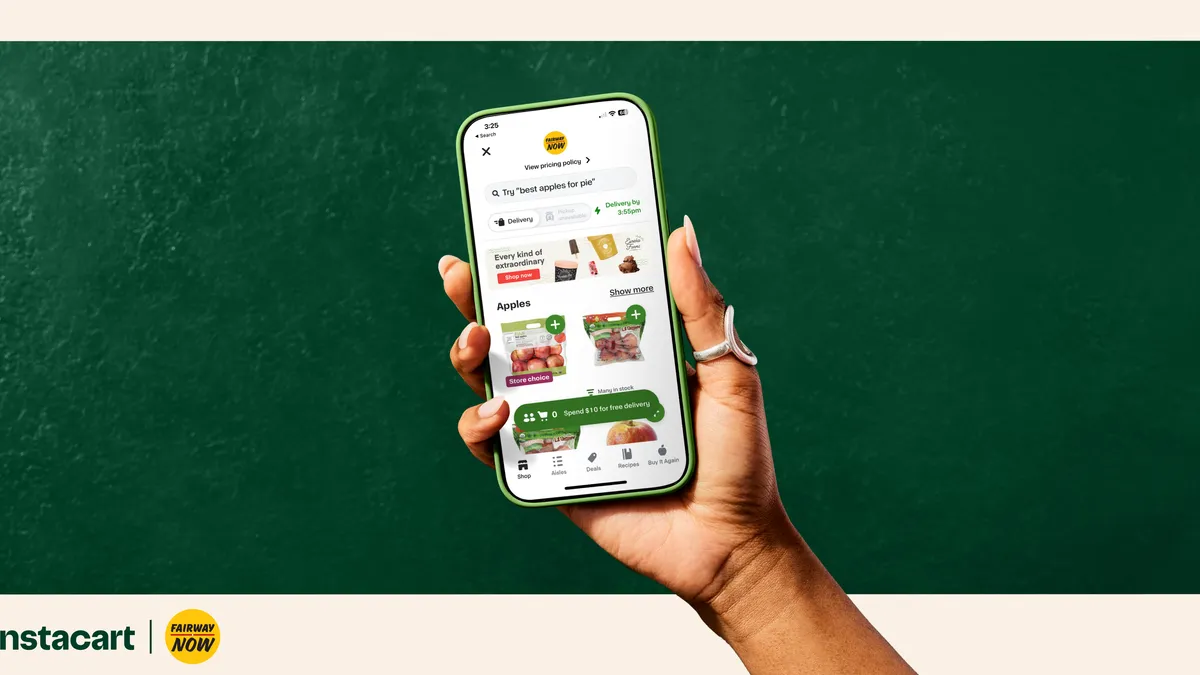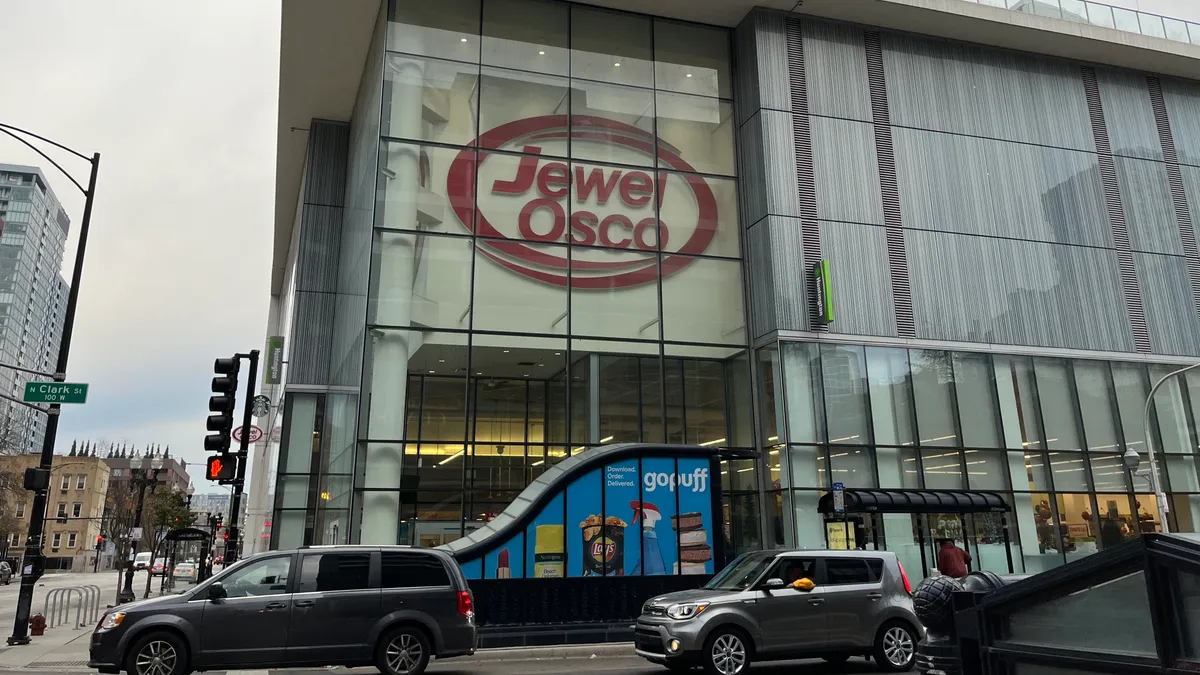The Friday Checkout is a weekly column providing more insight on the news, rounding up the announcements you may have missed and sharing what’s to come.
Headlines were flying this week about an indication that medications shown to help people lose weight could also be driving them to put less food in their shopping carts.
But while anything that could depress people’s appetite for groceries obviously could be a source of concern for retailers — especially given their slim margins — how likely is this latest trend to negatively affect the industry’s profitability scales?
According to a Wednesday report from Bloomberg, Walmart shoppers who take diabetes medication Ozempic, weight loss drug Wegovy and other appetite-suppressing medications seem to be purchasing fewer grocery items when they shop at the retailer. Walmart has been looking over anonymized data for consumers who take the drugs and comparing it with statistics about other shoppers, and noticed “a slight pullback in overall basket” among users of the medicines, Walmart US CEO John Furner told the news organization. Furner added that the company is not ready to draw absolute conclusions.
Even if some people’s buying habits change because they are consuming fewer calories, that doesn’t necessarily mean grocers are destined to see their sales come under long-term pressure.
During an earnings call on Thursday, Conagra Brands President and CEO Sean Connolly noted that if the company sees that smaller portions are more likely to drive sales, it can change product sizes in response.
“We've got an entire department of demand scientists here who are every day studying changes in consumer behavior — a particularly important one for our company has been the ever-evolving consumer definition of what constitutes healthy and how they want to eat in order to be responsive to health,” said Connolly, whose company produce products under brands like Healthy Choice, Hunt’s and Birds Eye.
Booming interest in weight-loss medications can also affect retailers’ performance by boosting pharmacy sales.
CFRA Research Vice President Arun Sundaram said retailers like Walmart have generated top-line revenue growth as people fill prescriptions for the drugs, but are not seeing most of those dollars filter down to their profits because retailer margins on the medications are low.
In case you missed it
E-grocer Martie expands nationwide
The California-based company, which launched in 2021 and focuses on diverting shelf-stable foods from landfill, now ships to all 50 states, per an emailed announcement. Martie ships surplus items including household, health & beauty, pet and food items and stocks top national brands such as Kellogg’s, Quaker, Tate’s and Annie’s Homegrown.
The company says it has saved more than 2 million pounds of food from going to the landfill.
Six ways to say seafood
Hannaford announced this week that it worked with the Gulf of Maine Research Institute to launch a seafood guide in six languages — Arabic, Chinese, English, French, Portuguese and Spanish. The guide is available online and at the seafood counter of all Hannaford stores and has information about local seafood offerings, including flavor profiles, health attributes and cooking tips.
The guide resulted from feedback during focus groups with local immigrants. Kyle Foley, sustainable seafood director at Gulf of Maine Research Institute, said the guide “is an exciting step towards connecting local immigrant communities with our local seafood industry.”
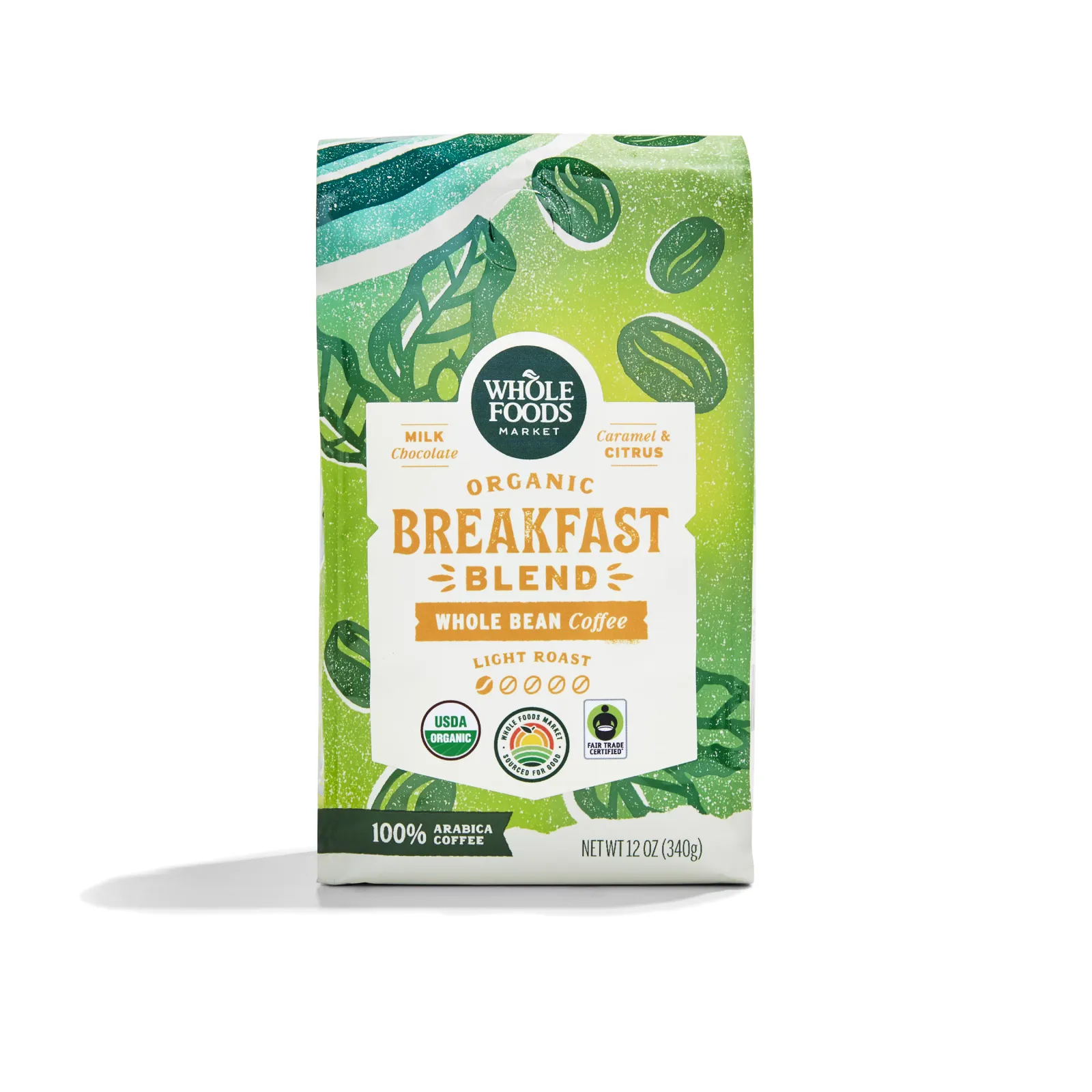
Brewing up better ingredients
Whole Foods Market has added its Sourced for Good seal to 13 blends of private brand coffee, marking the grocer’s first grocery-aisle expansion of the program. Launched in 2021, Sourced for Good is a third-party-certification program that helps support workers, communities and environmental stewardship where Whole Foods’ products are sourced. Customers could previously find the Sourced for Good seal in the produce and floral departments.
The grocer also announced that all six of its single-origin coffees will now include a Q Coffee mark — a certification awarded by the Coffee Quality Institute that signifies that the coffee is consistently of specialty quality
Number of the week: 12%
That’s how much more grocers believe shoppers would be willing to pay more for sustainably produced fresh foods, according to findings from a recent Deloitte survey. In reality, however, researchers found that consumers are willing to spend an average of 30% more for those goods.
What’s ahead
Inflation figures due
The latest Consumer Price Index data from the U.S. Bureau of Labor Statistics is due to be announced Thursday. The numbers will show whether the slowdown of inflation seen this year continued into September.
Impulse find
A blanket you tortilla-ly can’t resist!
H-E-B is once again rolling out its tortilla throw blanket at 11 stores in San Antonio as well as on its online marketplace, according to the San Antonio Current.
The 55-inch round throw blanket is designed to look like a giant flour tortilla. A post on a Facebook page for H-E-B fans noting the blanket’s arrival has already racked up around 500 comments, underscoring shoppers’ excitement.
To wrap up the tortilla blanket experience, H-E-B is also selling Butter Tortilla scented candles, per local news reports.


